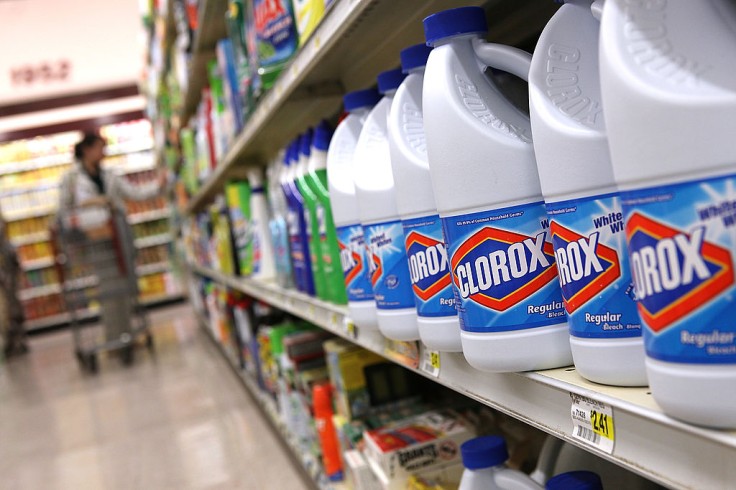
Health professionals raise the alarm as dangerous health fads continue to spread on TikTok, with particular concern over the viral trend of using Borax for purported health benefits.
Doctors are debunking the false claims made by influencers on the platform, warning that such practices can have severe consequences for people's well-being.
Borax, a powdery substance found in laundry detergent, has been falsely suggested to alleviate inflammation, joint pain, and even detoxify the body, despite its known risks.
As misinformation about this hazardous trend persists, medical experts are taking a stand to protect public health and inform users of the dangers involved.
The Deceptive Allure of TikTok Health Fads
TikTok, a popular social media platform known for its engaging and visually appealing content, has become a breeding ground for various health trends and fads.
Users are continually seeking quick fixes and alternatives to traditional healthcare, drawn by the plausibility presented by TikTok creators who appear personable and credible.
Unfortunately, many of these health hacks lack scientific evidence and, in some cases, can lead to serious health consequences.
Among the recent TikTok health trends that have caught the attention of medical professionals is the use of Borax for purported health benefits.
Despite its prohibition in U.S. food products, some influencers with a significant following on TikTok have falsely claimed that adding a pinch of Borax to water can reduce inflammation and alleviate joint pain.
Others have even suggested soaking in Borax-infused baths for detoxification purposes.
According to NBC News, Dr. Kelly Johnson-Arbor, a toxicology physician and co-medical director at the National Capital Poison Center, is among those who routinely correct the record about dangerous health fads.
She emphatically states that there is no scientific support for the use of Borax in humans for any health-related purposes.
Borax contains boron, a compound that, in certain formulations like boric acid, is used to eliminate ants and cockroaches.
However, its ingestion can lead to stomach irritation, causing symptoms such as blue-green vomit or diarrhea.
Prolonged exposure to Borax can result in anemia, seizures, and severe skin reactions, with rashes that can be as bright pink as a boiled lobster and cause the skin to peel off.
Experts warn that this seemingly harmless trend can have serious and even fatal consequences.
Ingesting exceedingly large quantities of boron can lead to fatal consequences; for instance, an adult could face death from doses ranging between 15,000 to 20,000 mg.
According to the New York Post, the manufacturer of 20 Mule Team Borax, US Borax, explicitly declares on its FDA Status page that their products are not meant or approved for use as dietary ingredients, pharmaceuticals, over-the-counter (OTC) active ingredients, food additives, or direct additives to foods. Their products are labeled as "NOT FOR INTERNAL USE," indicating they are not intended for internal applications or as active ingredients.
The Battle Against Health Misinformation on TikTok
As the influence of TikTok creators continues to grow, combating health misinformation can be a challenging task for medical professionals.
As per Forbes, poison centers and health experts have been actively posting on social media platforms to counter the spread of false health claims, but they lack the wide-reaching traction that popular influencers enjoy.
Dr. Meghan Martin, a pediatric emergency medicine physician and health educator on TikTok, is one of the few medical professionals who have taken it upon themselves to speak out against misinformation.
In her videos, she aims to use accessible language to educate users about the potential dangers of misinformed trends.
Health misinformation on TikTok often revolves around themes such as weight loss, appearance enhancement, better sleep, and reduced inflammation.
Wendy Stephan, an epidemiologist at the Florida Poison Information Center, points out that people are drawn to these fads due to various factors, including the high cost and scarcity of prescription medications and limited access to immediate medical advice.
The allure of quick fixes presented in a visually appealing format by influencers can be enticing, but it comes with significant risks.